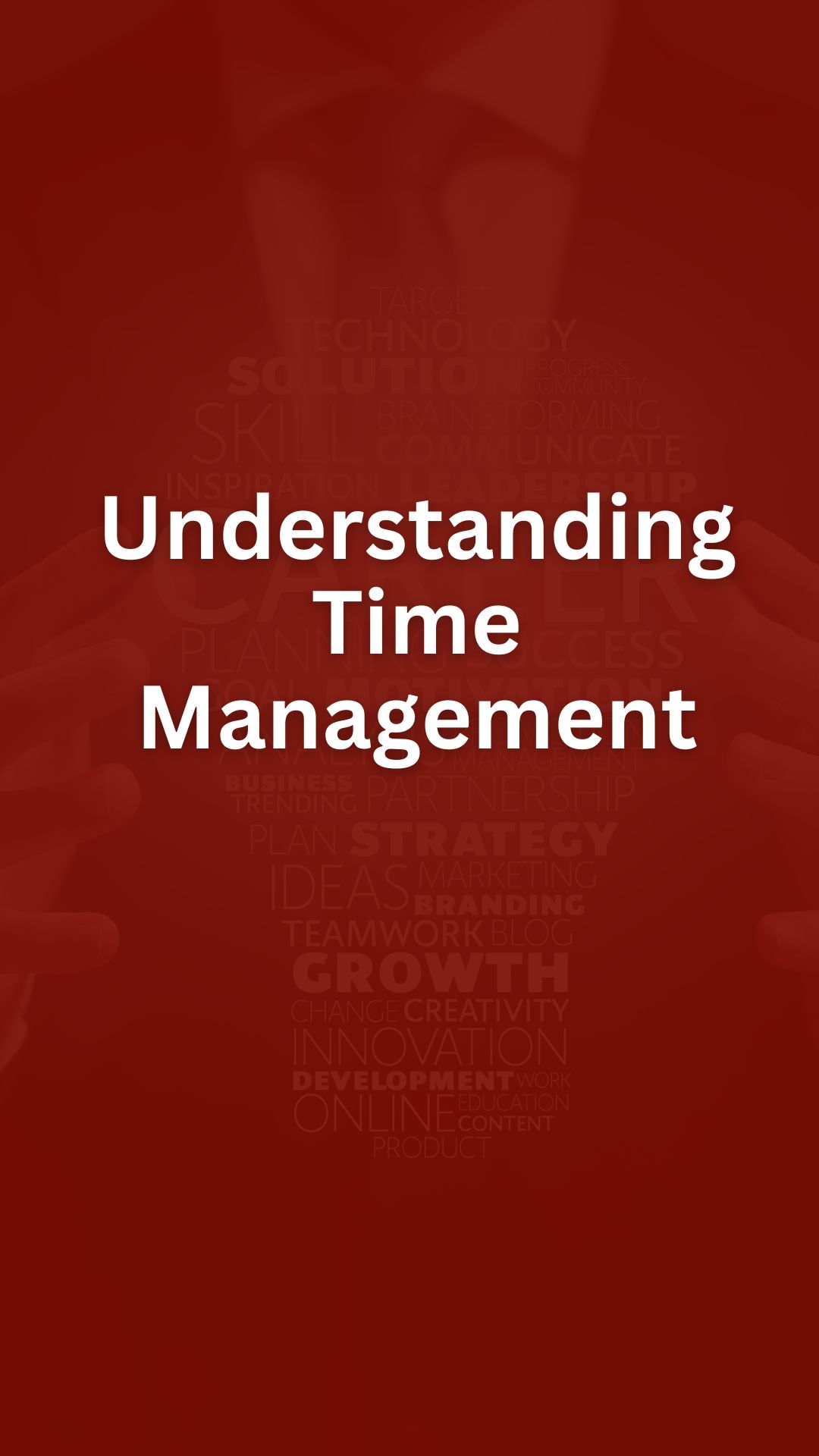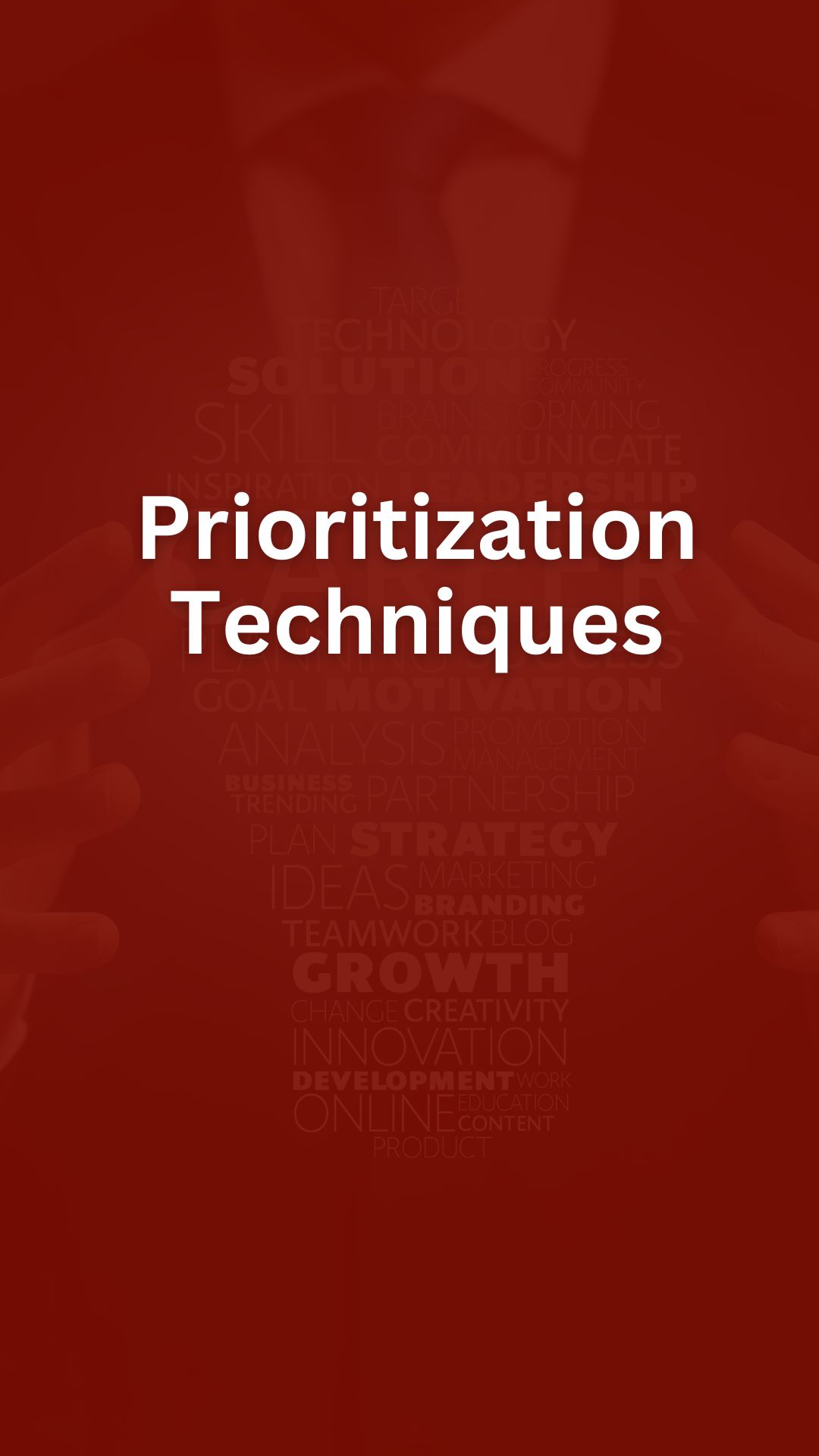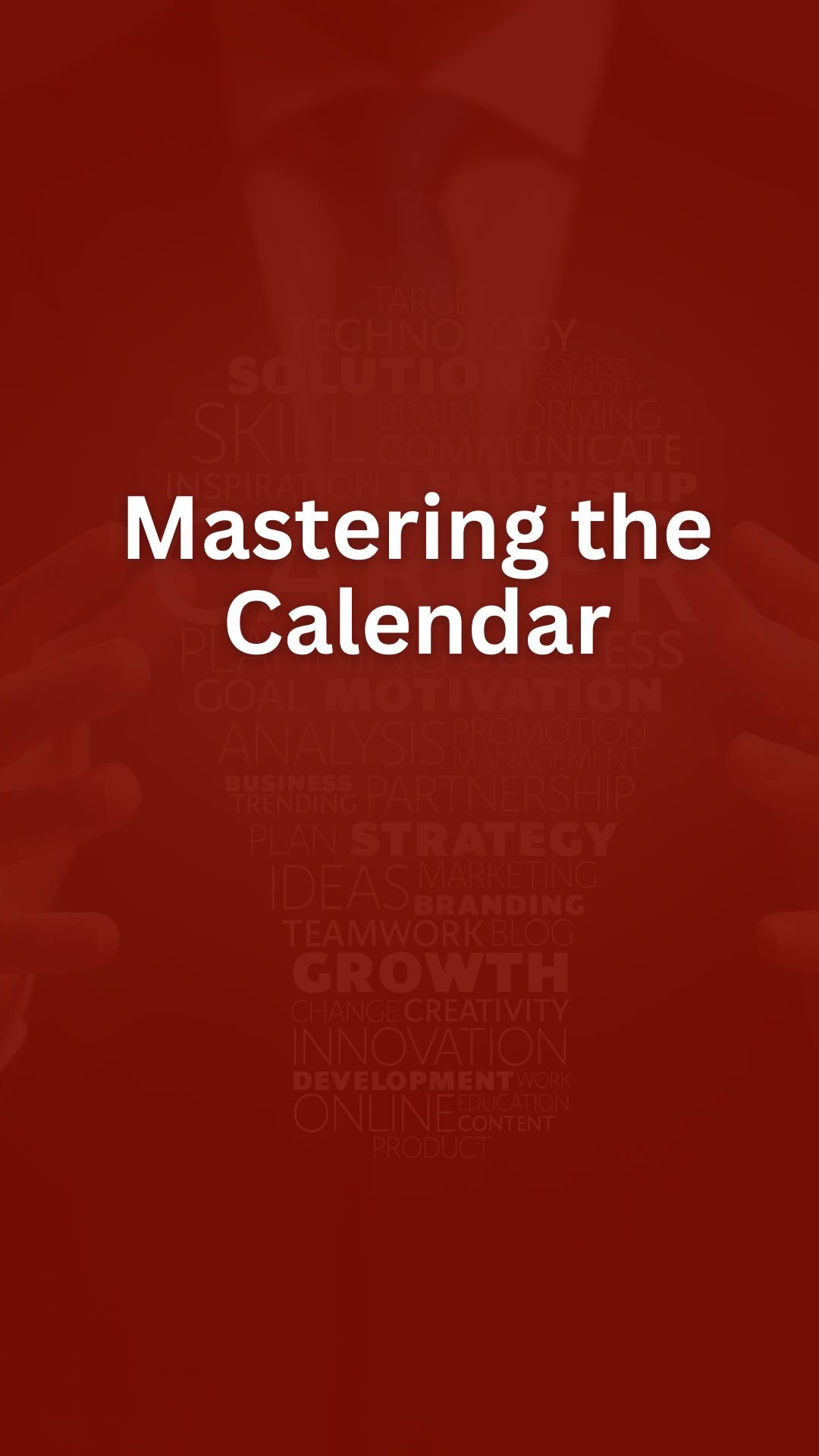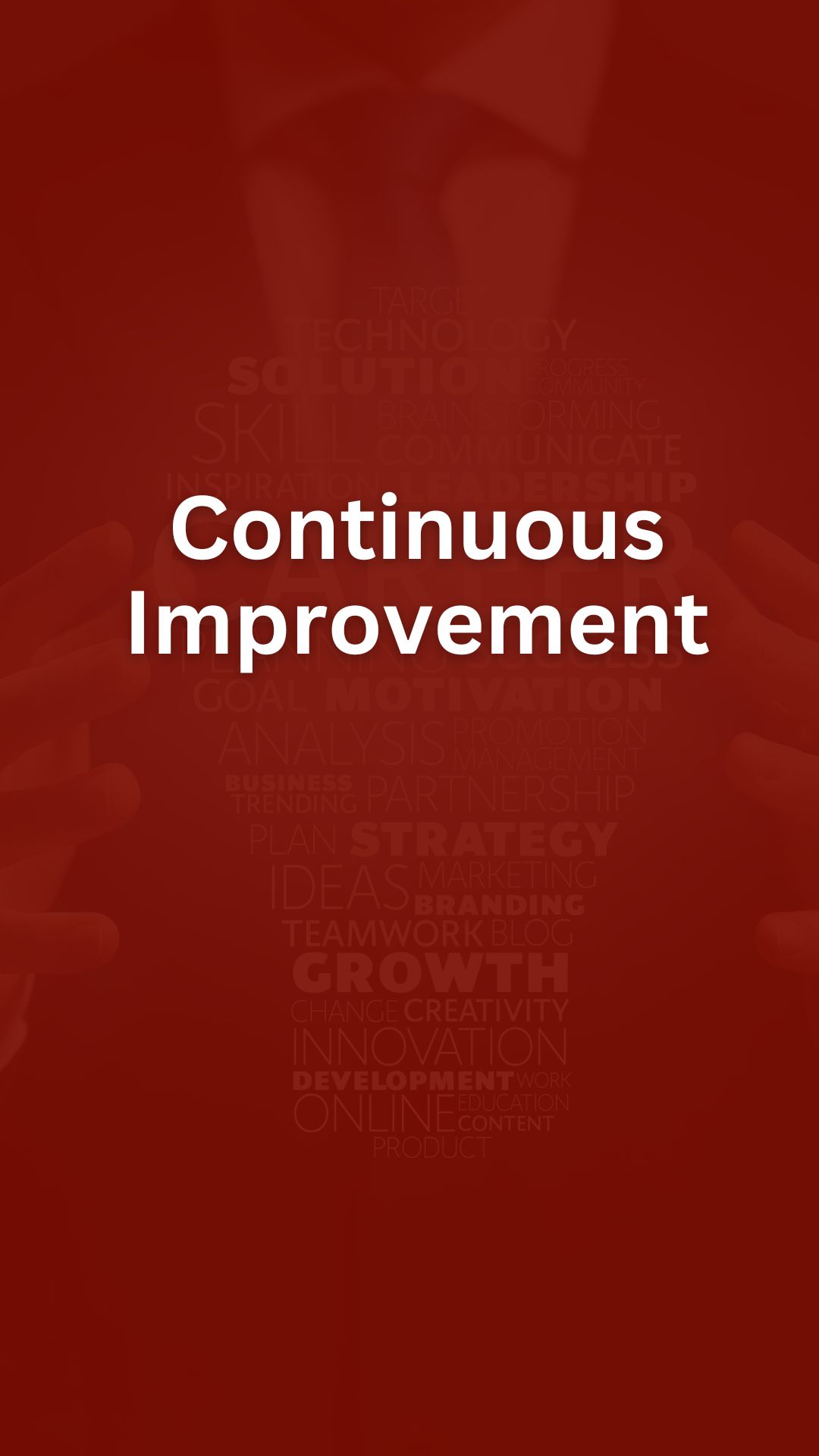Imagine waking up every day feeling on top of your tasks, knowing exactly what you need to do to get closer to your career goals. Sounds amazing, right? With some effective time management skills, you can turn this dream into reality.
Developing these skills isn’t just about being busy; it’s about making smart choices with your time to boost your productivity and success.
Start by setting clear, achievable goals. When you know what you aim to achieve, it’s easier to plan your day and stay on track.
Break big goals into smaller tasks, and prioritize them based on urgency and importance. This way, you handle high-priority tasks first and keep your momentum going.
Finally, don’t forget to take breaks. It sounds counterintuitive, but regular breaks can actually help you stay focused and motivated.

Understanding Time Management
Time management is a key skill that can enhance your career success. It brings multiple benefits and is backed by several useful theories.
Benefits of Time Management
Effective time management can boost your productivity and reduce your stress. By planning your tasks, you can use your time more efficiently and meet deadlines without feeling overwhelmed.
Better time management often leads to improved work quality. When you focus on completing tasks within a set time frame, you are more likely to produce high-quality outputs. It can also enhance your work-life balance, allowing more time for personal activities and relaxation.
Moreover, strong time management skills can make you a more reliable colleague. Others will see you as dependable, punctual, and someone who can handle responsibility effectively.
Time Management Theories
Several theories can help you understand and improve your time management skills. One common theory is the Eisenhower Matrix, which divides tasks into four categories: urgent and important, important but not urgent, urgent but not important, and neither. This helps you prioritize your tasks effectively.
Another useful theory is the Pomodoro Technique. You break your work into 25-minute intervals, called “Pomodoros,” with short breaks in between. This keeps you focused and allows for regular rest.
Pareto Principle, also known as the 80/20 rule, suggests that 80% of your results come from 20% of your efforts. By identifying and focusing on those key tasks, you can maximize your productivity.

Setting Professional Goals
Setting professional goals helps you stay focused and motivated in your career. It’s important to be specific and realistic when planning your future.
SMART Goals
Creating SMART goals means making them Specific, Measurable, Achievable, Relevant, and Time-bound. This method helps you set clear targets.
Specific goals clearly define what you want to achieve. Avoid vague statements.
Measurable goals can be tracked. Use numbers or deadlines to see your progress.
Achievable goals are realistic given your current skills and resources.
Relevant goals align with your career objectives.
Time-bound goals have a set deadline. This creates a sense of urgency and helps you stay on track.
Long-term vs Short-term Goals
Long-term goals are big-picture aims. They may take years to accomplish. These goals guide your career path and help you stay motivated through smaller tasks.
Short-term goals are steps that lead to your long-term objectives. These are usually accomplished within weeks or months. By achieving these, you build momentum and make steady progress toward your larger aspirations.

Prioritization Techniques
Mastering prioritization can boost your productivity and help you focus on the tasks that matter most. Here are three key methods to keep you on track.
Eisenhower Matrix
The Eisenhower Matrix divides tasks into four categories based on urgency and importance. This helps you decide what to focus on first.
- Urgent and Important: Do these tasks immediately.
- Important but Not Urgent: Schedule these for later.
- Urgent but Not Important: Delegate these if possible.
- Not Urgent and Not Important: Consider dropping these tasks.
Creating a clear visual of your priorities can simplify your decision-making.
ABC Method
The ABC Method assigns each task a priority level: A, B, or C.
- A-tasks are top priority and must be done right away.
- B-tasks are important but not as critical.
- C-tasks are least important and can wait.
List your tasks and mark each one with A, B, or C. Tackle A tasks first, then B, and finally C.
Pareto Principle
The Pareto Principle states that 80% of your results come from 20% of your efforts.
- Identify the 20% of tasks that contribute most to your goals.
- Focus primarily on these high-impact tasks.
- Reduce or eliminate tasks that have little effect.
This technique helps you maximize efficiency and make the most of your time.

Planning for Success
Effective planning can improve your productivity and help you achieve your career goals. This includes daily, weekly, and monthly planning strategies to ensure you stay on track.
Daily Planning
Start each day with a clear plan. Write down your tasks and prioritize them. Make sure to break larger tasks into smaller, manageable steps. This keeps you focused and prevents feeling overwhelmed.
Use a to-do list or a planner. Dedicate some time at the beginning of your day to organize your tasks.
Focus on completing high-priority tasks first. This helps you make the most of your day.
Don’t forget to include short breaks. This will help you stay fresh and productive throughout the day.
Weekly Planning
At the beginning of each week, take a moment to outline your main goals. This helps you see the bigger picture and balance your workload effectively.
List out your main objectives for the week. Break them down by days to make them easier to manage.
Use a weekly planner to jot down important meetings, deadlines, and events.
Review your progress at the end of each week. This helps you identify what went well and where you can improve.
Adjust your plans for the following week, if needed.
Monthly Planning
Create a monthly overview to stay ahead. Outline your larger projects and important deadlines. This gives you a clear vision and helps you spread out your tasks evenly.
Set specific goals for the month. Allocate time for these goals on a weekly and daily basis. This makes big projects feel more achievable.
Use a monthly calendar. This helps you visualize the entire month and keep track of important dates.
Adjust your plans regularly to stay flexible and responsive to any changes.

Mastering the Calendar
Managing your calendar effectively is crucial for staying on track and achieving your career goals. By choosing the right type of calendar, using calendar blocking techniques, and keeping track of important dates, you can maximize your productivity.
Digital vs. Paper Calendars
Choosing between a digital and a paper calendar depends on your personal preference and work style.
Digital calendars, like Google Calendar or Microsoft Outlook, offer the convenience of reminders, easy sharing, and access from multiple devices. You can quickly adjust entries, set recurring events, and integrate with other apps.
Paper calendars provide a tangible way to manage your schedule. Some people find that writing things down by hand helps them remember better. Paper planners can be more flexible and less distracting since you won’t get notifications for apps or emails.
Consider combining both by using a digital calendar for work and a paper one for personal tasks. This can help you stay organized and keep work-life balance in check.
Calendar Blocking
Calendar blocking involves setting aside specific chunks of time for particular tasks. This method helps to minimize distractions and ensures you allocate enough time for important tasks.
Start by identifying your most productive times of the day. Block these for deep work or important projects. Use different colors to differentiate between types of activities.
Set up recurring blocks for routine tasks, like checking emails or team meetings. This structure ensures that your daily schedule aligns with your priorities and prevents tasks from spilling over into personal time.
Important Dates and Deadlines
Keeping track of key dates and deadlines is essential to avoiding last-minute stress. Always mark important meetings, project deadlines, and personal appointments clearly in your calendar.
Use reminders to give yourself a heads up well in advance. For instance, if a project is due in a month, set a reminder two weeks ahead to start preparation.
Create a system for tracking these dates, like using different colors or symbols. Consistency in marking dates helps in visualizing your schedule and ensuring nothing slips through the cracks.

Dealing with Procrastination
Procrastination can steal your time if you are not careful. Learn to spot activities that waste time and control your schedule by using timeboxing techniques.
Identifying Time Wasters
To fight procrastination, you need to first see what’s consuming your time. Common time wasters include:
- Browsing social media
- Excessive email checking
- Unnecessary meetings
- Overthinking tasks
Track your time for a week. Write down what you do every hour.
Then, analyze this log to spot your time wasters. This way, you can work more effectively.
Timeboxing
Timeboxing helps you control procrastination by setting strict time limits. Allocate specific blocks of time for different tasks.
Steps to use timeboxing:
- List tasks you need to complete.
- Assign each task a specific time slot.
- Stick to the allocated time.
You can use a timer to keep track. This method keeps you focused and avoids spending too much time on one task.

Continuous Improvement
Continuous improvement is key to mastering time management. It involves regularly reviewing your performance, adapting to new circumstances, and learning from mistakes.
Reviewing and Reflecting
You should regularly look back at your tasks and schedules. Think about what went well and what didn’t. This helps you understand your strengths and weaknesses.
Take some time weekly or monthly to ask yourself:
- Did I meet my deadlines?
- Which tasks took more time than expected?
- How can I be more efficient?
Write down your thoughts in a journal. This makes it easier to track progress and notice patterns.
Creating a simple table to compare planned vs. actual time spent can highlight areas for improvement.
Adapting to Changes
Change is constant, so you must be flexible. When you face new challenges or opportunities, adjust your plans. Don’t be afraid to change your approach if something isn’t working.
For example, if new technology is available that can save time, learn how to use it. If your job responsibilities change, update your schedule to reflect new priorities.
Have a mindset that welcomes change and sees it as a chance to improve.
Learning from Mistakes
Everyone makes mistakes, but what’s important is how you handle them. When you miss a deadline or forget a task, don’t get discouraged. Use it as a learning experience.
Identify:
- What caused the mistake?
- How can you prevent it next time?
Talking to colleagues or mentors can provide new insights. Maybe they have faced similar issues and can offer helpful tips.
Keep a positive attitude and remember that each mistake is a step towards becoming better.

Mentorship and Networking
Mentorship and networking are crucial for career growth. A good mentor offers guidance, while networking opens doors to new opportunities.
Finding a Mentor
Finding a mentor can make a huge difference. Look within your company or professional circles.
Choose someone experienced, approachable, and willing to share their knowledge.
Talk about your goals and ask for advice. A mentor can help you avoid mistakes and develop skills faster.
Don’t be afraid to reach out through email or LinkedIn. Building this relationship takes effort, but it’s worth it.
Tips for Finding a Mentor:
- Be specific about what you need help with.
- Show gratitude for their time and advice.
- Stay open to constructive feedback.
Time Management Workshops
Time management workshops can teach you valuable skills. These workshops offer tools and techniques to help you plan and prioritize.
Look for workshops by reputable organizations or online platforms.
Participate actively in these workshops. Take notes and ask questions.
Share what you learn with your team to create a productive environment.
Benefits of Time Management Workshops:
- Improved productivity
- Reduced stress levels
- Better work-life balance
Keep an eye out for free or discounted events to enhance your skills.

Frequently Asked Questions
Learn how to manage your time effectively to advance your career. Discover practical strategies, methods, and essential skills to boost your productivity and impress in job interviews.
What are some practical strategies for improving time management skills to advance my career?
You can use planners or apps to schedule tasks and set priorities.
Breaking larger projects into smaller, manageable tasks can help too. Make sure to set deadlines for each task and stick to them.
Can you highlight the top five methods for enhancing time management in a professional setting?
- Prioritize tasks: Focus on the most important ones first.
- Set clear goals: Know what you want to achieve each day.
- Use a calendar: Keep track of meetings and deadlines.
- Limit distractions: Find a quiet place to work.
- Delegate tasks: Share work with teammates when possible.
In what ways do effective time management skills boost career advancement and achievement?
Effective time management skills help reduce stress and increase productivity. Meeting deadlines and delivering quality work consistently can lead to promotions and new opportunities.
It also shows your boss that you are reliable and organized.
How can I incorporate time management skill development into my daily routine at home?
Start by planning your day the night before.
Make a to-do list and prioritize tasks. Use timers to stick to your schedule.
Ensure you have a dedicated workspace to minimize distractions and stay focused on your tasks.
Could you give examples of time management skills that are essential for workplace success?
Examples include setting goals, prioritizing tasks, and delegating effectively.
Being able to say no to tasks that are not essential, and maintaining a clean and organized workspace are also key time management skills.
How would one describe or demonstrate strong time management abilities in a job interview?
Mention specific examples where you successfully managed your time. Talk about a project where you met tight deadlines or coordinated multiple tasks.
Highlight any tools or methods you used to stay organized, such as planners or software applications.